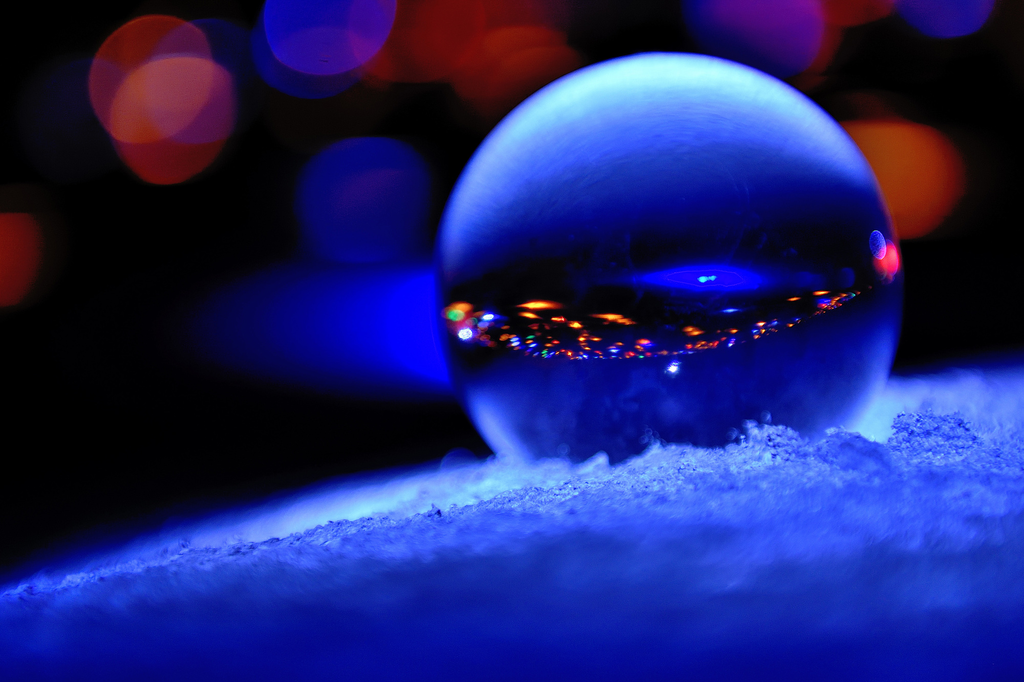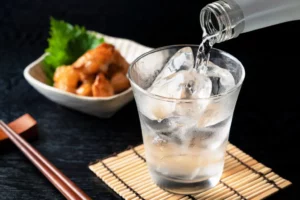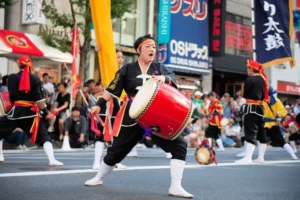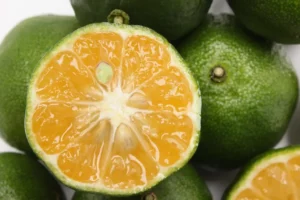Snow sculptures are very popular, leading us to believe Winter in Japan is not as white and cold as we once imagined. Many people enjoy fun activities to warm their souls and forget the harsh cold of winter. Snow festivals are the most popular and most loved events in many super cold regions in Japan. One of Japan’s most significant snow events is in Tokamachi, Niigata Prefecture.
The most impressive things that attract a lot of tourists to the Tokamachi Snow Festival are the spectacular snow sculptures. These snow cultures both showcase the artistic talent of the snow sculptors and the friendly residents.
Table of Contents
ToggleTokamachi: Snowy Wonderland and Kimono City in Japan
Tokamachi is in the southern area of Niigata Prefecture. By train, it might take around two-and-a-half hours from Tokyo. The best way to travel to Tokamachi from Tokyo is by taking the Joetsu Shinkansen to Echigo Yuzawa, then changing to the local JR Hoku-Hoku line to get to Tokamachi Station.
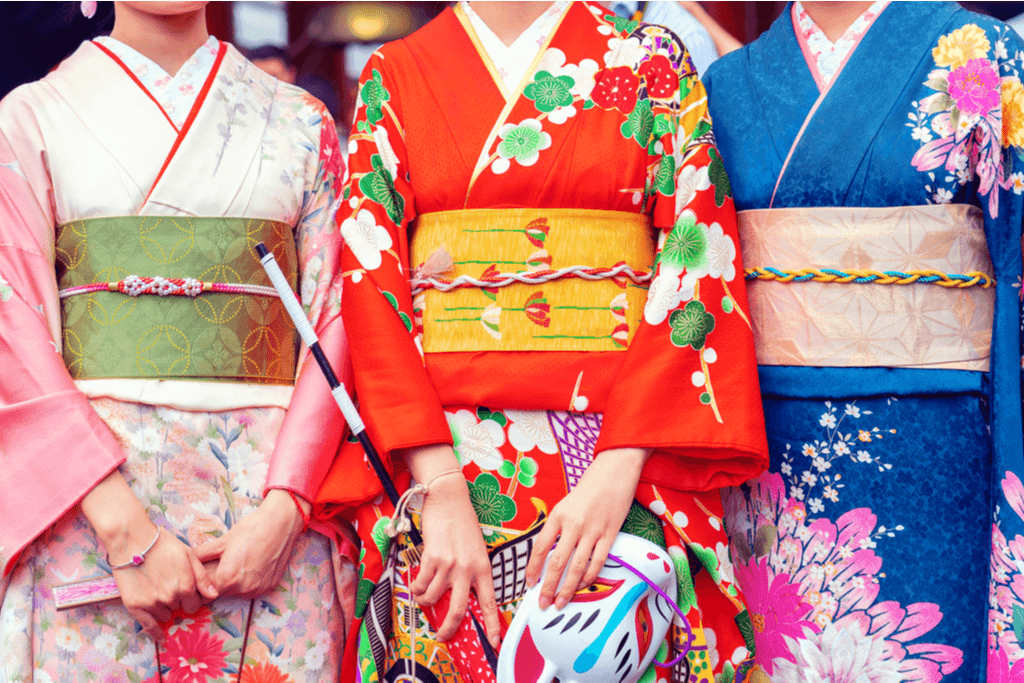
Every year, Tokamachi receives heavy snowfall and more snow than anywhere on Honshu Island. During the winter, the snowfall usually reaches three meters, and snow walls are so high that they obscure anyone walking.
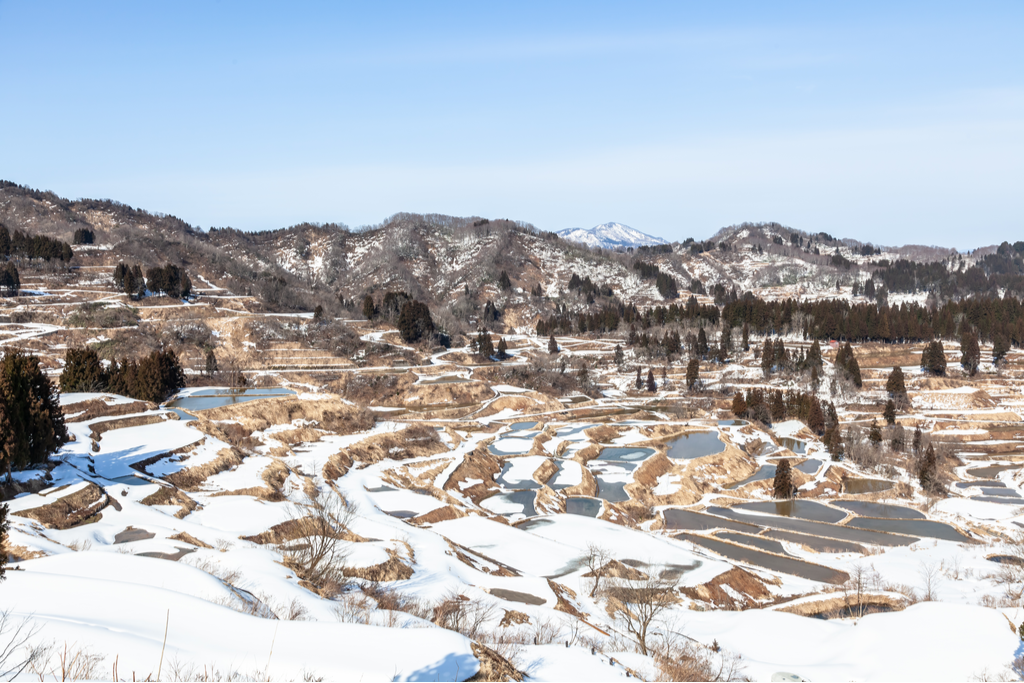
This city has been “the cradle of modern snow festivals” since the first Japanese snow festival occurred here. The town has many snow sculptures crafted by the residents, which creates a unique point you won’t find anywhere else.
In addition to snow, Tokamachi is famous for making the most exquisite kimono in Niigata Prefecture. In the spring, Japanese ladies here usually put on gorgeous kimono when they attend annual hanami (cherry blossoms viewing) events. When visiting Tokamachi, you’ll find numerous kimono shops to buy kimono as beautiful souvenirs. Various kimono selections also range from traditional styles to trendy new styles offered to customers.
Tokamachi Snow Festival
The annual Tokamachi Snow Festival takes place on the third weekend in February, and the first one to was in 1950. This festival usually lasts for three days. The Tokamachi Snow Festival originated from the residents’ desire–who were aware of winter’s harsh beauty–to enjoy and overcome the frost.
The festival displays snow sculptures crafted by local people scattered throughout the city annually. You can also enjoy regional specialties, sip amazake (sweet, non-alcoholic sake), play snow games, and admire snow sculptures at the festival plaza.
Moreover, the festival also presents a variety of entertainment, namely a kimono fashion show, tea ceremony, Japanese folk dance performance, a music concert, stunning illumination, and a firework display.
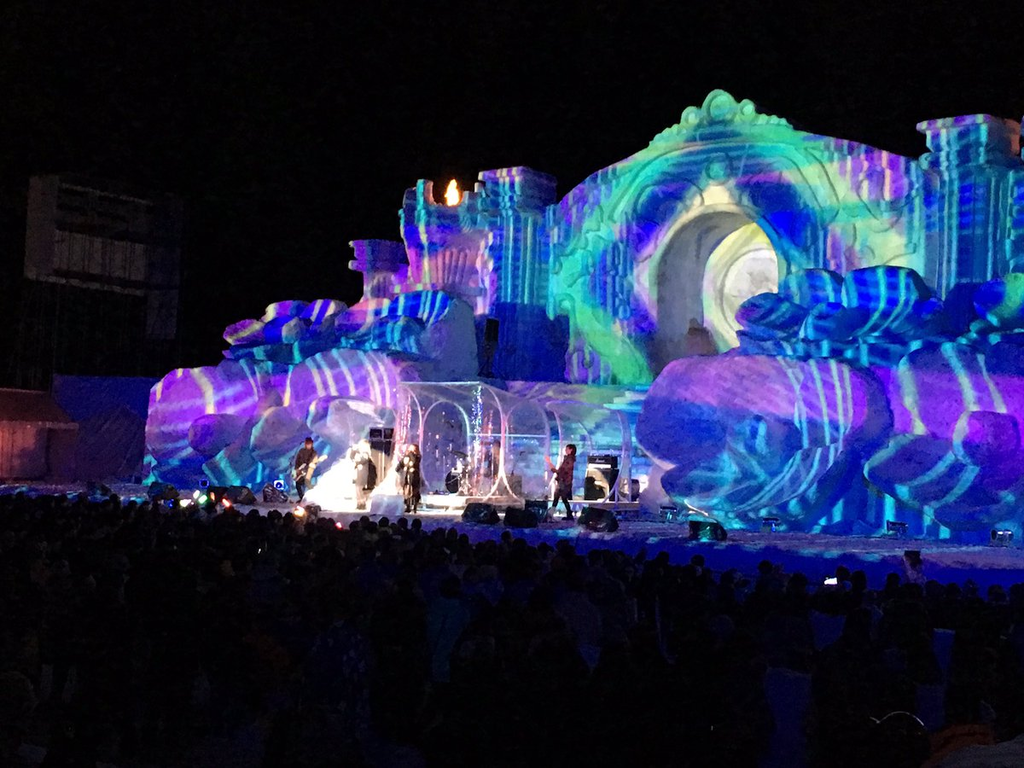
There is always a snow carnival held on the grounds of Tokamachi Elementary School every year. The snow carnival is entertaining and crowded. Luckily, you don’t have to pay any admission fee to join this joyful event.
Are you looking for some winter treats to warm your heart? Check out Sakuraco! Sakuraco sends traditional Japanese snacks, teas, sweets, and kitchenware so you can taste Japanese culture in the comfort of your home!
Amazing Snow Sculptures
To give you a spectacular view of the snow stage, lots of artists and snow sculptors try to come up with unique sculptural designs every year. The event formerly held the Guinness World record for the most significant snow stage in the world.
In addition to experienced snow sculptors and artists, local schoolchildren and store owners can also create magnificent snow sculptures and lovely ones. Tokamachi locals and students are particularly committed to creating beautiful sculptures because they all want to make the visiting of everyone more exciting and unforgettable.
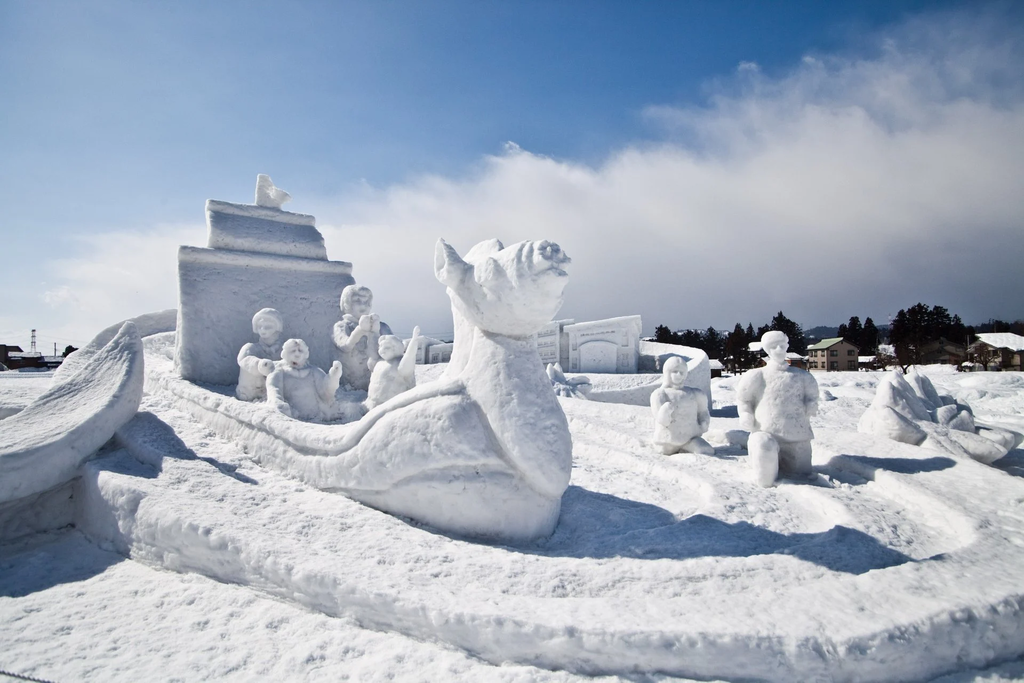
They sculpt snow figures of popular manga/anime characters like Doraemon and Pokemon, iconic Japanese images, and global landmarks like Mt. Fuji, shrines, and pyramids. In front of numerous shops and restaurants, you might even see many friendly snowmen, statues of Hello Kitty, and other adorable cartoon characters.
At every Tokamachi Snow Festival, the two favorite locations to view stunning snow creations are Community Hiroba and Welcome Hiroba. You’ll surely be impressed by these snow sculptures’ shaping techniques and diverse sizes.
We highly recommend you put the Tokamachi Snow Festival on your list to experience interesting Japan this winter. It is also an excellent chance to admire the masterpieces of professional snow sculptors and residents in Tokamachi and create many snow sculptures yourself.
Leave a comment about which snow sculptures you’ll build if you attend this snow festival!

